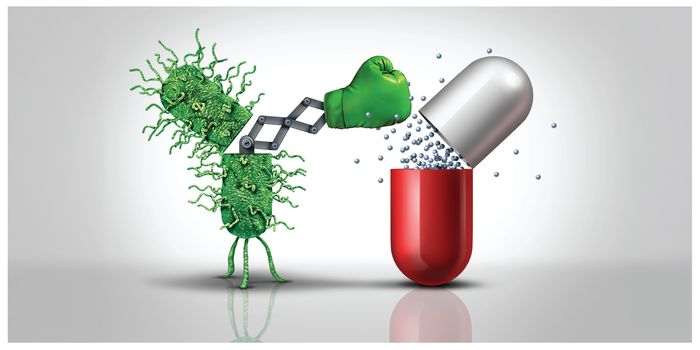Biomarker Predicts Kidney Cancer
A research study led by Beth Israel Deaconess Medical Center has discovered a tumor biomarker that could be used to determine the onset of renal cell carcinoma (RCC) years before cancer can be diagnosed. The study examined a protein known as KIM-1 which increases in the blood of patients with RCC at the time of diagnosis. The protein can also be utilized to predict the onset of the disease for up to five years prior to diagnosis. Lead investigator of the study, Rupal Bhatt from Harvard Medical School, believes that the study provided evidence of a significant relationship between plasma KIM-1 concentrations and the risk of renal cell carcinoma.
Additionally, the research team found that KIM-1 concentrations were related to poor survival rates. “Further studies are needed, but a sensitive and specific tumor marker that can detect early-stage RCC would have strong potential to improve overall survival," explains Bhatt.
Bhatt and research team utilized data from the European Prospective Investigation into Cancer and Nutrition (EPIC). They used this data to compare the blood KIM-1 level in samples taken from individuals who have had RCC within five years with the level of KIM-1 in the blood of healthy individuals. This study was reported in the journal Clinical Cancer Research. Results of the study showed that among the individuals who were eventually diagnosed with RCC the team found that the level of KIM-1 was double the level of those found in healthy participants.
Most importantly, KIM-1 level was integrated into a model for predicting the risk of kidney cancer and the accuracy of the model was increased by approximately two-fold. The co-first author of the study, David Muller, calls the finding as a huge step forward since KIM-1 is the only blood biomarker that known prospectively to differentiate between people’s risk of kidney cancer. However, Muller emphasizes that more work is needed before the blood test can be implemented in the clinic.
“We don't expect that KIM-1 will be useful as a screening test, as the risk of RCC in the general population is low. KIM-1 is more likely to be relevant in high-risk populations or as an adjunct to other diagnostic procedures."
Source: EurekaAlert








